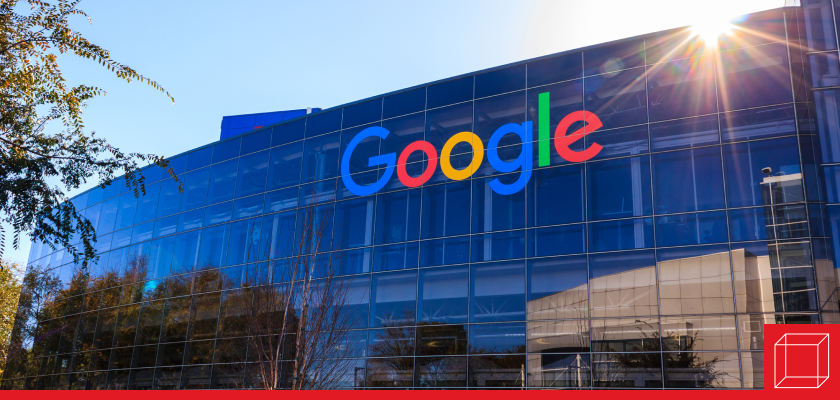What Big Tech Antitrust Activity Could Mean for Competition | March 2023
Some people fear Big Tech business practices stifle competition.

In the United States, the Federal Trade Commission (FTC) was established to enforce fair competition and consumer protection. The FTC and the U.S. Department of Justice (DOJ) enforce federal antitrust laws to prevent the formation of monopolies and promote competition. Some people fear Big Tech business practices stifle competition.
What is “Big Tech”?
The phrase Big Tech refers to the most prominent technology companies. The five largest technology companies in the United States are Alphabet, Amazon, Apple, Meta, and Microsoft. They have attracted scrutiny from regulators and lawmakers worldwide.
Monopolies and antitrust
A monopoly refers to the market structure that exists when there is only one business providing a product in a given market. When a company has little to no competition, it can increase prices and reduce choices for consumers. Generally, monopolies are considered to be bad for the economy.
Some monopolies are legal because the cost of creating the good or supplying the service is so great that new producers cannot compete for sales. The United States Postal Service is one example of a legal monopoly.
Antitrust laws are designed to promote competition and prevent monopolies. One way the FTC has fought against Big Tech getting bigger is by challenging acquisitions. In one example, the agency sued to prevent Microsoft from acquiring video game company Activision Blizzard, arguing the deal would harm consumers. Activision makes games such as Call of Duty and World of Warcraft. The FTC’s believes that the proposed merger would allow Microsoft, which makes the Xbox gaming console) to suppress the competition. The merger also faces scrutiny in Europe.
According to Harvard Business Review, some research shows that technical innovation (measured by patent activity) increases following antitrust intervention, but product innovation (measured by new product introductions) does not. This may suggest that antitrust does not promote competition in the ways one might expect. One of their key findings was that technical innovation, product innovation, profitability, and consumer choice do not all move in sync.
Big tech under scrutiny
Many Big Tech business practices have been called into question. The DOJ has investigated Google’s online advertising to determine whether or not the company abuses its dominance to snuff out the competition. The DOJ also endorsed a bill that would prevent Amazon from selling its own Amazon-branded products on its marketplace. The company has been accused for years of producing knockoffs of third-party products and boosting its own merchandise in search results. Regulators in Europe found that Meta, the parent company of Facebook and Instagram, illegally forced users to agree to receive personalized and targeted ads. Only time will tell if regulators can rein in Big Tech.
In the Classroom
This article can be used to discuss monopolies (Chapter 1: The Dynamics of Business and Economics).
Discussion Questions
What is a monopoly and why are they often viewed negatively?
What is the objective of antitrust legislation? Is this objective always achieved?
Why is Big Tech under scrutiny? Provide examples.
This article was developed with the support of Kelsey Reddick for and under the direction of O.C. Ferrell, Linda Ferrell, and Geoff Hirt.
Sources
Aditya Kalra and Steve Stecklow, "Special Report: Amazon Copied Products and Rigged Search Results to Promote Its Own Brands, Documents Show," Reuters, October 13, 2021, https://www.reuters.com/legal/litigation/amazon-copied-products-rigged-search-results-promote-its-own-brands-documents-2021-10-13/
Brian Fung, "The US Government Is Still Trying to Find Ways to Regulate Big Tech. He Has Some Ideas," CNN, January 11, 2023, https://www.cnn.com/2023/01/11/tech/jonathan-kanter-doj/index.html
Riitta Katila and Sruthi Thatchenkery, "The Surprising Consequences of Antitrust Actions Against Big Tech," Harvard Business Review, February 24, 2023, https://hbr.org/2023/02/the-surprising-consequences-of-antitrust-actions-against-big-tech
Steve Lohr, "To Rein in Big Tech, Europe Looked Beyond Lawsuits. Will the U.S. Follow?" The New York Times, December 10, 2022, https://www.nytimes.com/2022/12/10/business/big-tech-antitrust-rules.html



